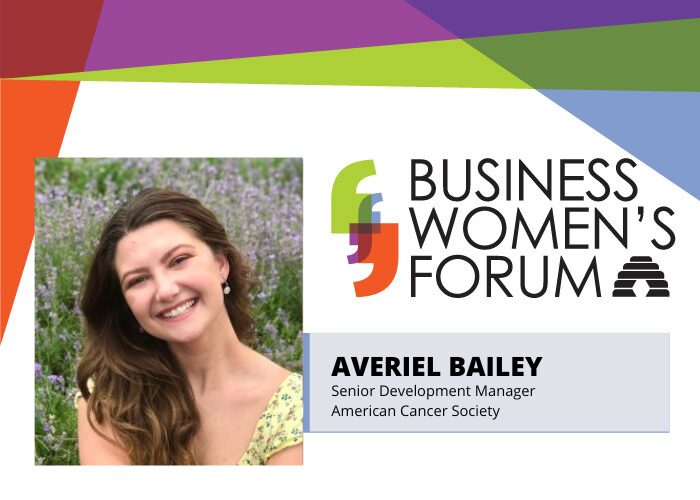Imagine one of your most dedicated employees receives a cancer diagnosis. Such news has a profound impact not only on their life but also on the workplace, affecting productivity, health care costs and the emotional well-being of colleagues. In 2024, the United States is projected to see 2,001,140 new cancer cases and 611,720 cancer deaths. These statistics highlight the pervasive and ongoing battle against cancer, underscoring the importance of proactive measures, particularly within the business community.
While cancer mortality has declined by 33% since 1991, the health care landscape now faces new challenges. Rising incidence rates in several types of cancers are a growing concern.
- The annual incidence rates for breast, pancreas and uterine cancers have increased by 0.6%-1%.
- More notably, prostate, liver (in females), kidney, HPV-associated oral cancers and melanoma have seen annual increases of 2%-3%.
- Additionally, cervical cancer rates for individuals aged 30-44 have risen by 1%-2% each year, and colorectal cancer rates have surged among those under 55.
- In the late 1990s, colorectal cancer was the fourth-leading cause of cancer death in younger adults; it is now the leading cause in men and the second in women under 50.
Approximately 1 in 2 men and 1 in 3 women will develop cancer in their lifetime. This surge in cancer incidence highlights the urgent need for increased investment in cancer prevention and equitable treatment access, especially for underserved populations. The costs of cancer care vary widely across different stages: initial diagnosis, end-of-life care and ongoing treatment. The cost of care for the most common cancer types in the US is approximately $156.2 billion for privately insured adults under 65 years old. Costs peak in the last year of life, highlighting the crucial role of early detection in reducing financial burdens. The burden on patients and their families is immense, with 74% of patients/survivors missing work due to their condition, and 69% missing more than four weeks. An early diagnosis typically saves between 20% to 33% compared to late-stage detection for most major cancers.
From 2021 to 2022, the average employer contribution to health accounts grew by 30%, while contributions to plan premiums grew by just 2%. If insurance plan premiums don’t increase sufficiently, there is reason to believe our community faces gaps in coverage or higher deductibles, co-pays and co-insurance amounts when accessing cancer care. This can lead to financial burdens and potentially delays in seeking necessary treatments.
For business leaders, addressing cancer goes beyond the bottom line — it’s a matter of corporate social responsibility and workplace morale. More than ever, consumers are expecting corporations to solve societal problems. According to the 2023 Edelman Trust Barometer, 45% of Americans say businesses are not doing enough to engage in societal issues of health care access. By prioritizing employee health and well-being through proactive measures like regular health screenings and comprehensive health care plans, businesses not only enhance their corporate image but also foster a supportive environment that contributes to long-term employee satisfaction. Investing in employee health is crucial. Since 1991, improvements in early detection, treatment, and reduced smoking have prevented an estimated 3.8 million cancer deaths in the US. Access to adequate care and early detection screenings saves lives. As business leaders, we can champion regular health screenings and comprehensive health care plans to combat cancer. By prioritizing employee health and supporting initiatives like those from the American Cancer Society, we will save lives, cut costs and work towards ending cancer as we know it, for everyone.

About Averiel Bailey, Senior Development Manager, American Cancer Society
Averiel Bailey is a dynamic professional with extensive experience in strategic communications, fundraising, and event management. As Senior Development Manager at the American Cancer Society, she excels in developing and implementing comprehensive fundraising strategies, notably for the American Cancer Society Hope Gala and Fork Cancer UT events, aimed at maximizing revenue generation to provide hope. Averiel is adept at cultivating relationships with high-net-worth individuals, corporate sponsors, and community partners to secure substantial donations. Her dedication to ending cancer for everyone is deeply personal, shaped by her experience as a caregiver for a loved one who battled this disease. Averiel also contributes her leadership as a Steering Committee Member for the Salt Lake Chamber, serves as a political Vice Chair for District 28 in Utah, and is a member of the Health Across the Lifespan Panel for A Bolder Way Forward. In her leisure time, Averiel enjoys creative writing and long-distance backpacking.


